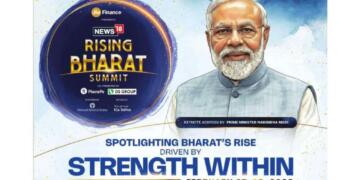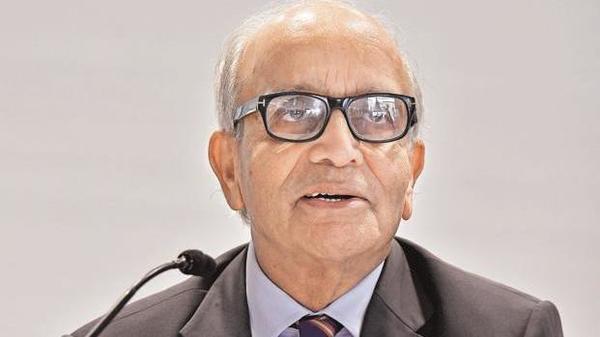RC Bhargava, the veteran automobile executive has vindicated the statement of Finance Minister Nirmala Sitharaman over preference of shared mobility. In an interview with Business daily Livemint, when Bhargava was asked whether emergence of shared mobility has impacted sales, he replied, “Today, a youngster has so many options of what he can do with his money, that a lot of them prefer other options than buying a car because he can still get his mobility through a car from Ola and Uber which is much more economical. So, what the finance minister said is 100% correct. That is what the millennial generation is thinking.”
Bhargava also said that younger generation prefers gadgets over cars. “Today, a youngster wants to buy a nice smartphone and wants to meet his friends at a restaurant and have a good time. If he buys a car, then he probably can’t do these things,” he said.
RC Bhargava is credited with revolutionising India’s automobile industry. Under his leadership, Maruti Suzuki became a market leader with almost 50 percent, which means that every second car on the road is produced by Maruti. After he retired from the post of CEO of Maruti Suzuki, the company appointed him Chairman.
The statement of the Maruti chairman has empirical evidence. In the month of August, Indian smartphone market grew 9.9 percent on year-on-year (YoY) and 14.8 percent quarter-on-quarters (QoQ). In the premium segment, Apple took over Samsung as market leader and overall share of Apple increased to 41.2 percent.
Last week, while addressing reporters in Chennai, Nirmala Sitharaman had said, “The automobile and components industry has been affected by BS6 and the mindsets of millennials who now prefer to have Ola and Uber rather than committing to buying an automobile.”
The Twitter warriors, newly converted industry experts, and opposition created a furor over the statement of FM Nirmala Sitharaman.
A plethora of research has been carried out, and every study has vindicated that millennials prefer shared mobility over buying a car, as it is more economical.
Deloitte, the global consultancy published 2019 Global Automotive Consumer study in June. As per this study, shared mobility is gaining currency among the youth of India. Another report by Morgan Stanley predicted that the share of shared mobility in the total miles traveled will reach 35 per cent by 2030 and 50 percent by 2040.
According to studies, sharing a car is cheaper than hiring. The social status attached with ownership of car is a thing of the past and youth is more focused on efficiency. “Social barriers are breaking. My friends who could not think of getting off their Mercedes are happily taking Ola-Uber,” says a 25-year old office goer working in Bangalore
The newspapers have published articles about the efficiency of sharing compared to ownership since last few years.
According to an article published in Economic Times in November 2015, one can save 50,000 to 1,00,000 rupees per year by using shared mobility. The article was titled, ‘Should you buy a car in the age of Uber and Ola?’
Another article published on April 30, 2016 in the same newspaper openly argued against ownership of cars, and it was titled ‘Don’t buy a car, just share an Ola or Uber cab, it makes more sense’.
RBI published a study titled ‘What Drives Automobile Sales? It’s not Credit’ dated April 25, 2019 in which it called “exogenous policy changes such as vehicle insurance and the maturing of the ride-hailing services segment” responsible for slowdown in Automobile sector.
The Twitter trolls and the the dolts who have an opinion on everything ranging from macroeconomics to social science should read the studies, statements of industry experts and people like Anand Mahindra, RC Bhargava who have skin in the game, before criticizing the statement of FM Nirmala Sitharaman.

























